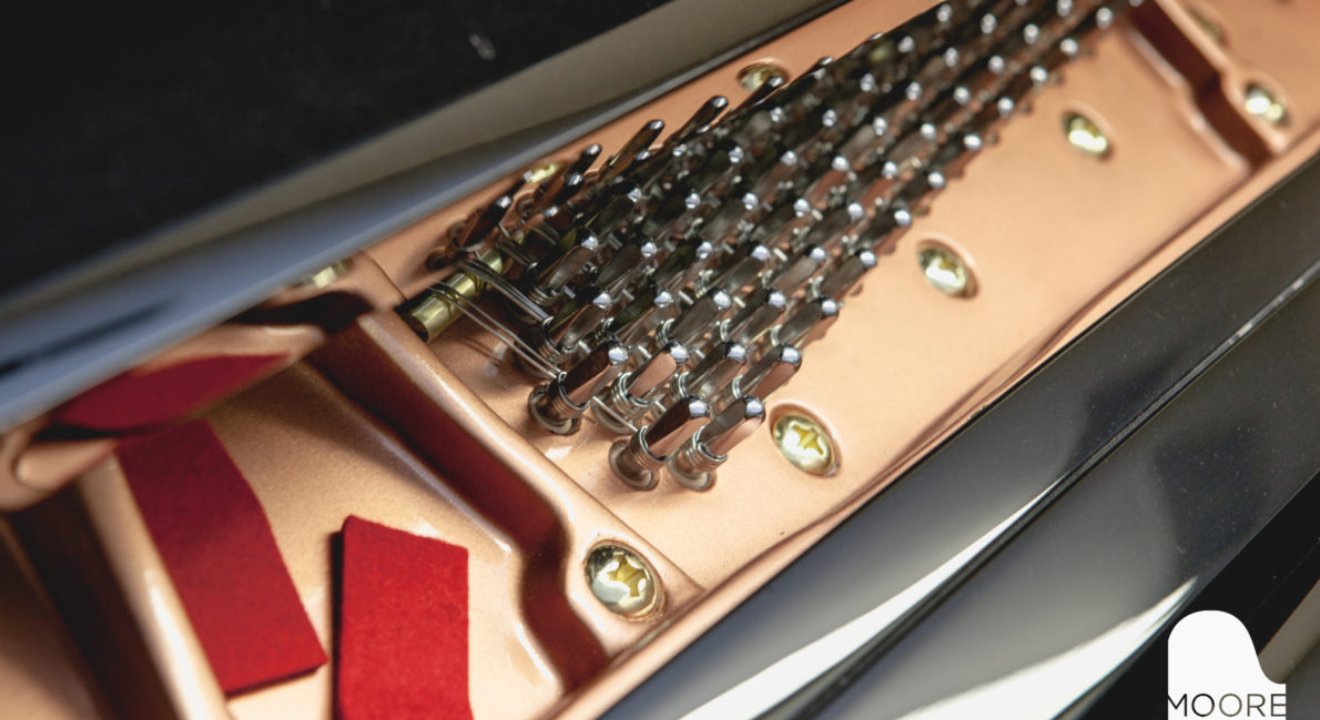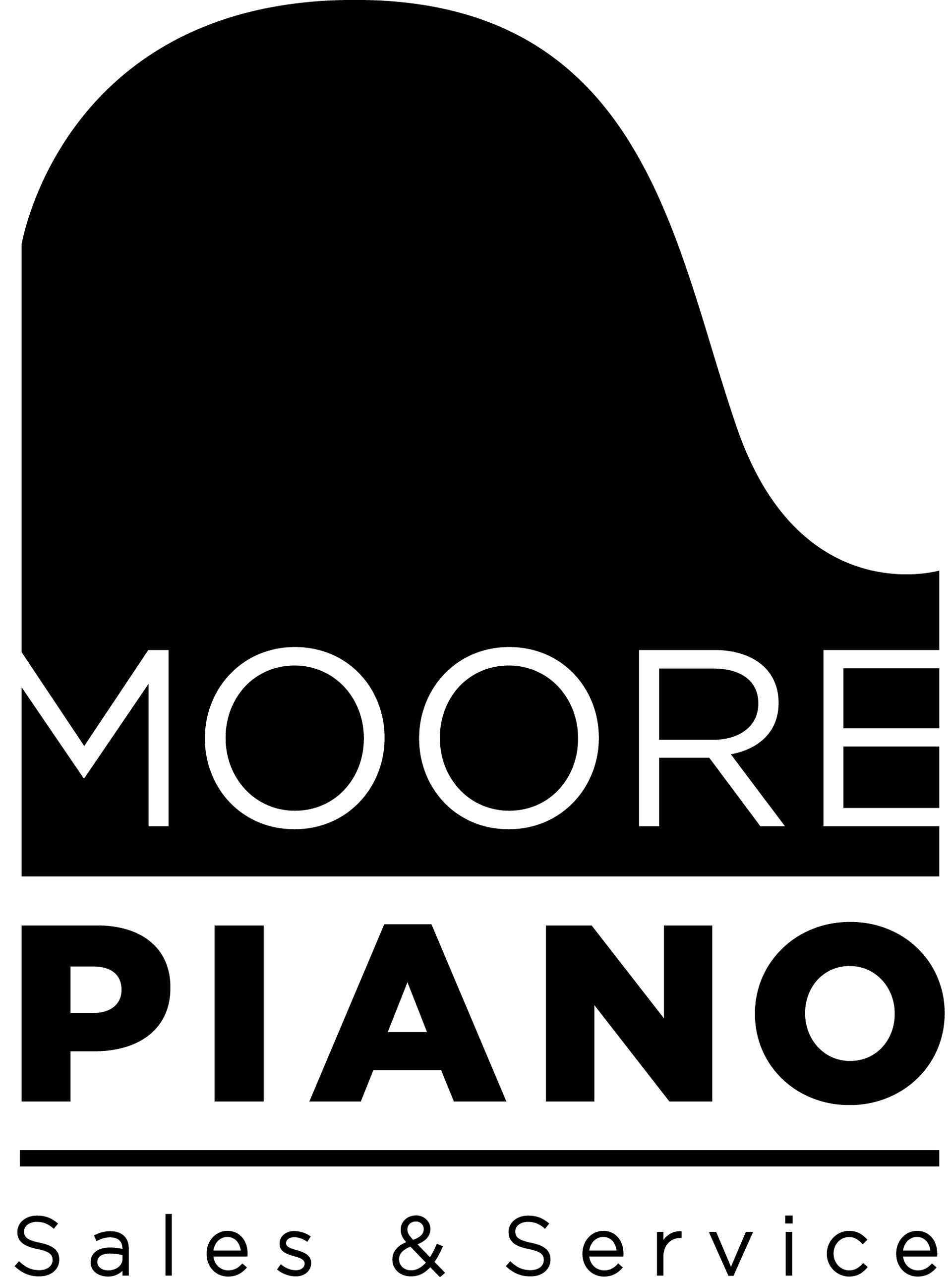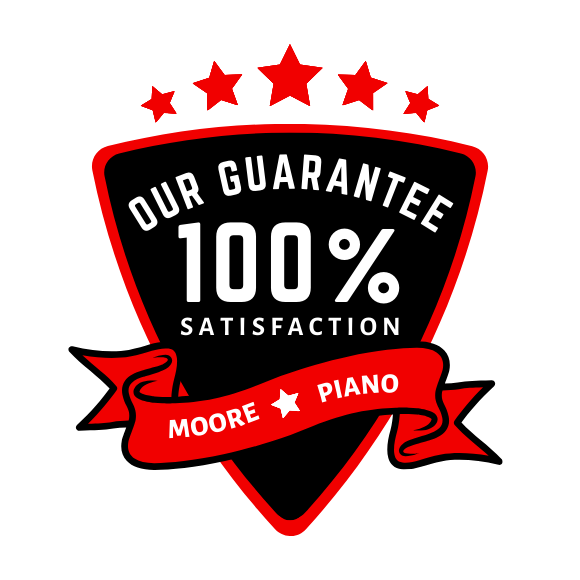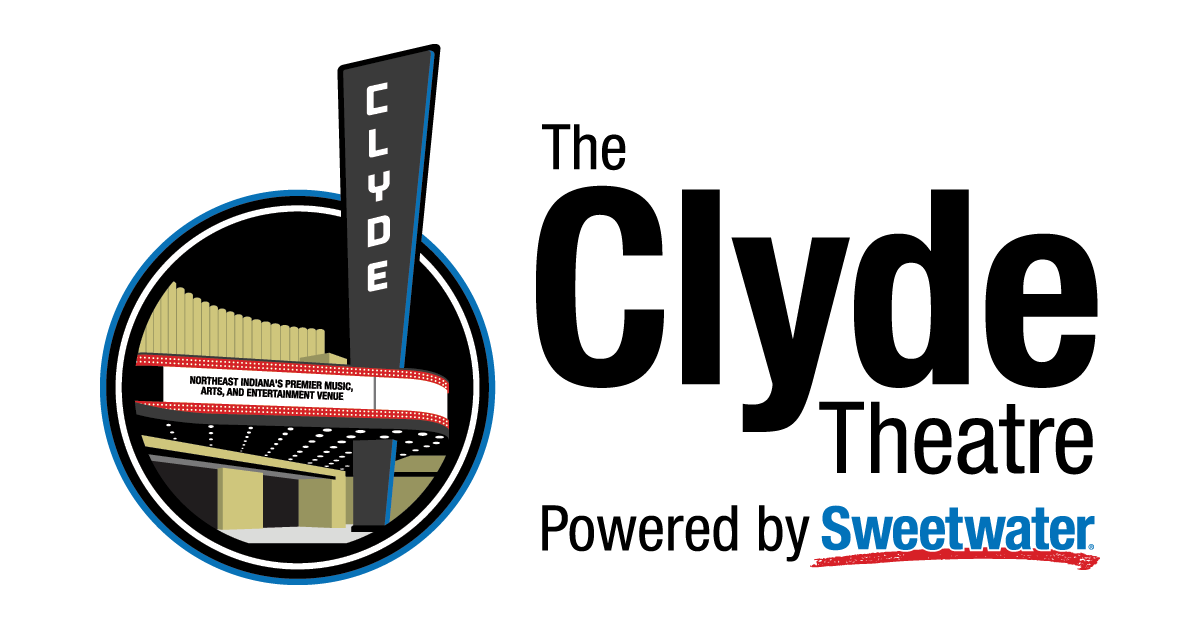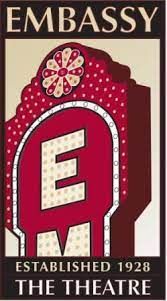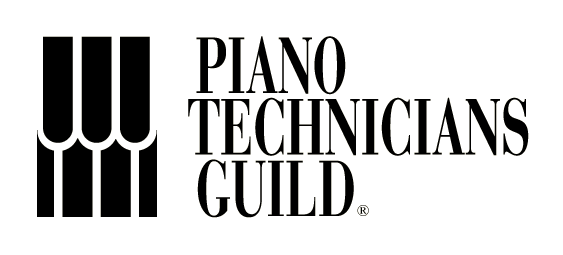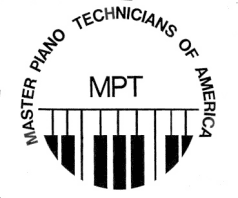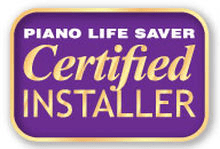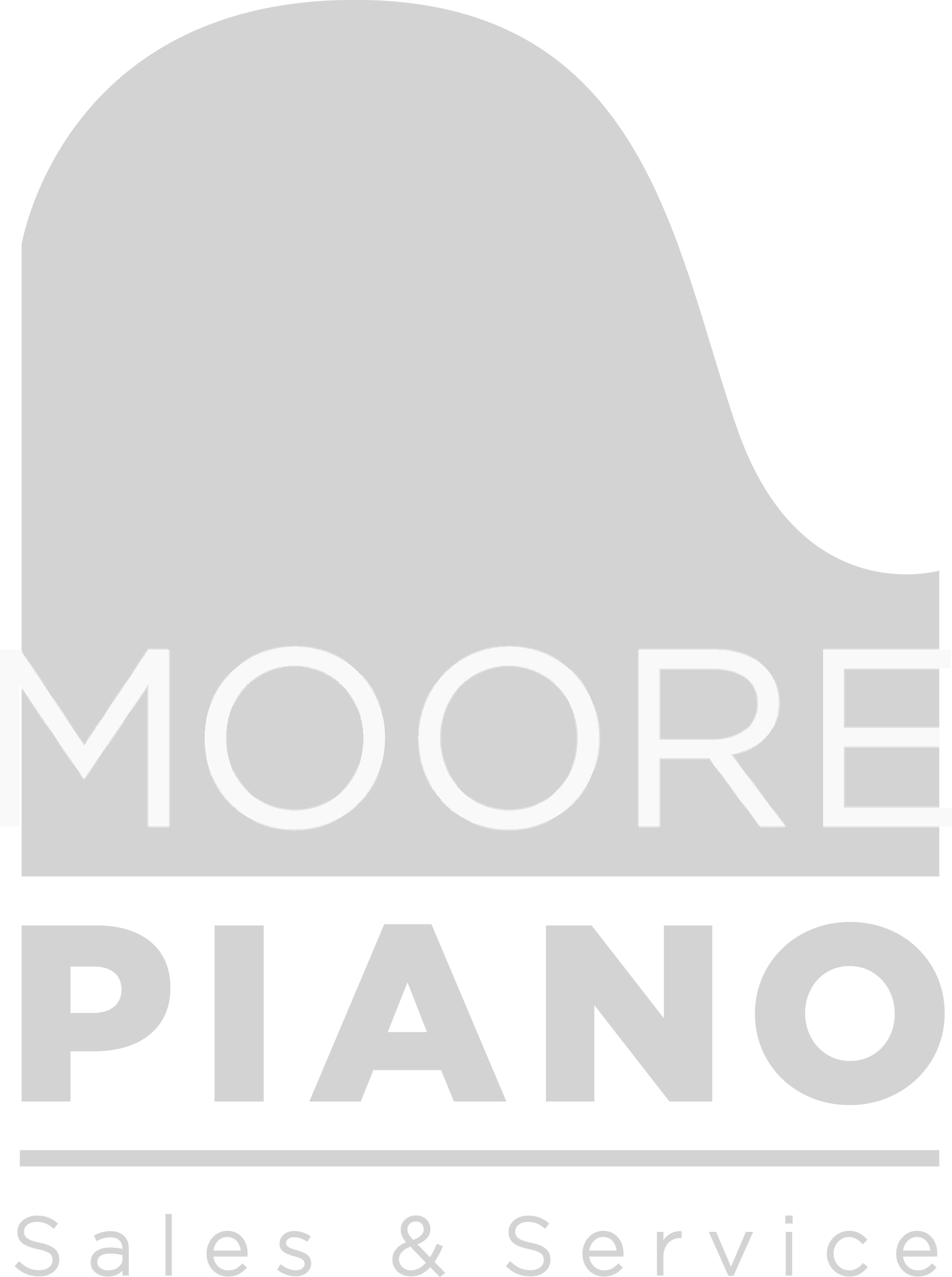Valuation of Used Pianos

Maybe you are ready to upgrade your older piano, or maybe you are just ready to part ways with your instrument to free up some space. Regardless, it’s good to have a handle on what your used piano is worth before you attempt to sell.
Today, we’ll discuss the many factors involved in how used pianos are valued and what to expect from the process of selling a used piano to a dealer.
6 Factors Considered in Used Piano Valuation
There are several factors that are taken into consideration when a dealer is making a valuation of your used piano. Of course, one big factor is supply and demand. If the market is already pretty saturated, the economy is not great, or demand for used pianos is low at the moment for any number of reasons, you’ll likely be given a lower offer for your used piano than you would expect.
Another factor is location. In big cities, things just cost more. So if you live in a rural area and are selling your piano, you’ll probably get a lower price for it than you would if you were selling the exact same piano in midtown Manhattan. The good news is that you also don’t have to pay hundreds of dollars a month (or more) to park your car!
Here are four more factors that affect the price of a used piano:
Quality of Brand – As with anything, a piano from a highly-regarded , “best” brand is going to hold its value and be worth more than an average brand. Expect to fetch slightly more for your piano if it is a Steinway, Mason & Hamlin, Bechstein, Bluthner or Bosendorfer from any era.“Better” or “above average” brands include older names like Chickering and Knabe, as well as more current names like Sohmer, Yamaha, Everett, and Baldwin
Condition of the Piano – Just as with a car, you’ll need to be realistic about the condition of your piano. The condition scale ratings are Better, Average, and Worse. Realize that an unplayable piano doesn’t even rate on the valuation scale, and appearances count.
A musically sound piano that is in rough shape cosmetically will likely fetch a price that is in the “Worse” range, as many buyers tend to judge the piano by its appearance when buying. Wear and tear based on the age of the piano is taken into consideration as well.
Value Minus Restoration Cost – In this instance, consider that the piano may have seen better days appearance wise and may be musically unplayable, but is still worth overhauling. This valuation takes into consideration the cost of rebuilding and restoring your piano to like-new condition.
For example, if a rebuilt version of your piano would be worth $40,000, but it would cost $20,000 to get it to that like-new condition, the valuation would begin at $20,000. This valuation is usually only considered when a piano is in really rough shape, possibly unplayable, and in need of major repair. When selling to a dealer, this is usually rated as a “salvage value” which takes into consideration the costs of restoration as well as well as discounts to account for the dealer’s time and investment in restoration while still making a profit.
Depreciation – Depreciation is a percentage of the value of a comparable new model piano. Just as with cars, there is a larger depreciation within the first few years that tapers off to about 1.5 to 2% loss annually. Best brands, specifically by makers that have kept their ownership, building processes, and standards at a consistently high level over the decades (like Steinway) will have a more predictable, easy to calculate scale of depreciation. As a result, their consistent quality will hold a higher value over time.
Tips for Selling Your Used Piano
If you are truly interested in selling your piano, and you feel it has significant value (over $1,500) you should highly consider having the instrument tuned and cleaned. You can clean and polish the surface yourself with a good quality wood polish and brass cleaner, but if you have reservations, have a professional take care of things (Note–if you are selling your piano to us, we will tune and clean it before reselling it and will take that cost into consideration when making you an offer on the piano).
When anticipating a dealer or potential buyer, make sure the room the piano is in is as clutter and distraction-free as possible. It may seem futile to clean and tune your piano before getting rid of it, but sometimes you will have to spend a bit of money in order to make more.
Selling to a Private Party vs. a Dealer
Selling your piano is much like selling a car. In the day and age of social media and easy access to marketplace sites, one may think it is best and easiest to sell to a private party— an individual that will pay you directly for the purchase for the instrument.
When considering this, realize the amount of time and energy it will take to meet up with potential buyers, allow them to inspect and play the instrument, and depending on your asking price, they may attempt to haggle over the price.
Having a dealer purchase your piano may give you less cash in hand (the dealer will have to pay for any repairs as well as make their own profit to continue operating). However, the process of selling to a dealer is much simpler, less time consuming, and far less stressful than trying to sell outright to another individual.
Selling your piano may be a bit of a humbling experience, as music and the instruments we create music with may hold deep sentimental value, and your piano may be worth more to you emotionally than it will realistically be worth to a dealer or private sale. Letting go can sometimes be an emotional time.
Working with a reputable piano dealer like Moore Piano can make the process easier, quicker, and more profitable for you in the long run. When you are ready to sell your used piano and are looking for a dealer with experience while still providing personalized service, contact Moore Piano .
The post Valuation of Used Pianos appeared first on Moore Piano.
The Unmatched Piano Blog
